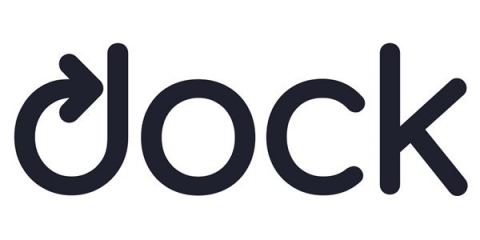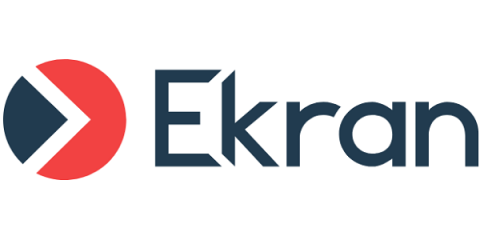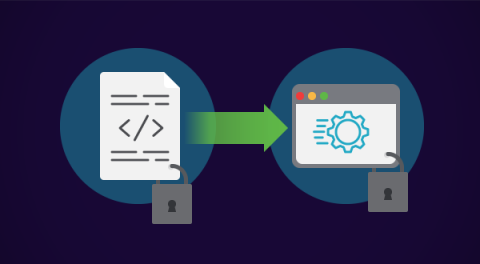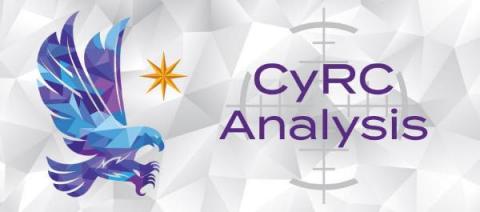Security | Threat Detection | Cyberattacks | DevSecOps | Compliance
Latest News
Aadhaar Verification Online: How do Paperless eKYC APIs work?
Verifying Aadhaar has become a crucial process for businesses and financial services alike. But we see a lot of customer churn due to failed verifications. The integration of Digital Aadhaar Verification can help stop revenue losses caused by these failed verification processes and the following customer drop-off.
Top 10 Cyber Threat Intelligence Tools for 2022
Cyber threat is soaring on the list of the gravest challenges plaguing organizations today. This is partly an outcome of developers including security in their development process as an afterthought. Although enterprises quickly realize the cyber threat risks to their businesses and reputation, they seem to be in a state of indecision.
8 blockchain security issues you are likely to encounter
Blockchain technology has grown up in popularity in recent years. Excluding its initial application in cryptocurrency, it's currently getting used in property, healthcare, smart contracts and many other fields. The technology collects and stores information in groupings referred to as “blocks” and every block will hold a collection quantity of knowledge.
Why is Password Security Important?
Password security is important because passwords are the first line of defense against cybercriminals and their unauthorized access to your personal data. Most people around the world struggle with managing their passwords. A recent Verizon Data Breach Investigation reported over 70% of employees repeat passwords while at work. According to the study, 81% of hacking-related breaches used either stolen or weak passwords.
Responding to Change: How to Improve Your Organization's Cybersecurity
Prioritize Alerts and Findings with Sysdig Secure
If you work in Security or Operations, you are surely familiar with the concept of “alert fatigue.” Alert fatigue Syndrome is the feeling of becoming desensitized to alerts, causing you to potentially ignore or minimize risks and harming your capability to respond adequately to potential security threats.
KSPM and How to improve your Kubernetes Security Posture
Kubernetes Security Posture Management or KSPM refers to the security state and capabilities in place to manage the defense of the Kubernetes clusters and the workloads running on top of it. It tells us how well those capabilities can predict, prevent and respond to cyber threats in relation to Kubernetes. If that definition sounds familiar to you, it is because it is the common definition of Security Posture, but focused on Kubernetes Security.
Fixing potential security issues in your Infrastructure as Code at the source with Sysdig
Infrastructure as Code (IaC) is a powerful mechanism to manage your infrastructure, but with great power comes great responsibility. If your IaC files have security problems (for example, a misconfigured permission because of a typo), this will be propagated along your CI/CD pipeline until it is hopefully discovered at runtime, where most of the security issues are scanned or found. What if you can fix potential security issues in your infrastructure at the source?











